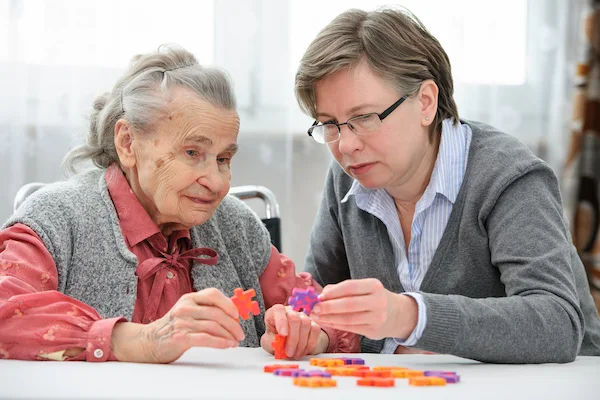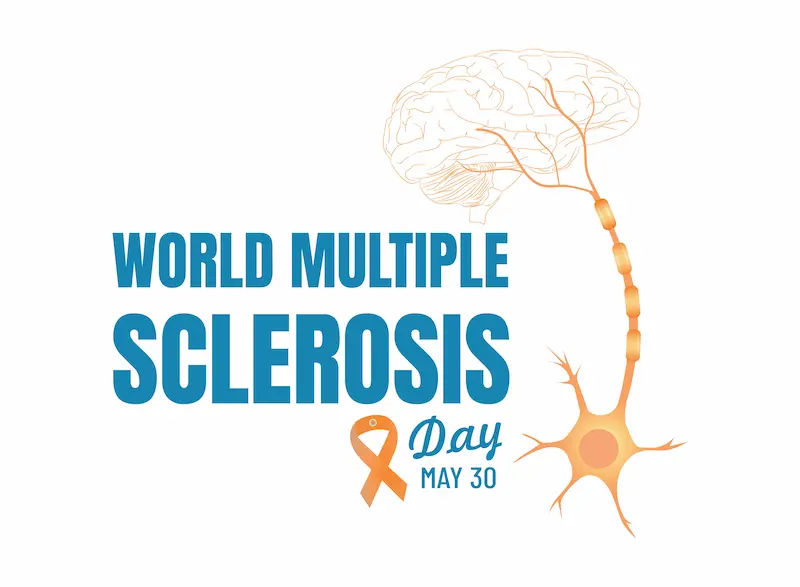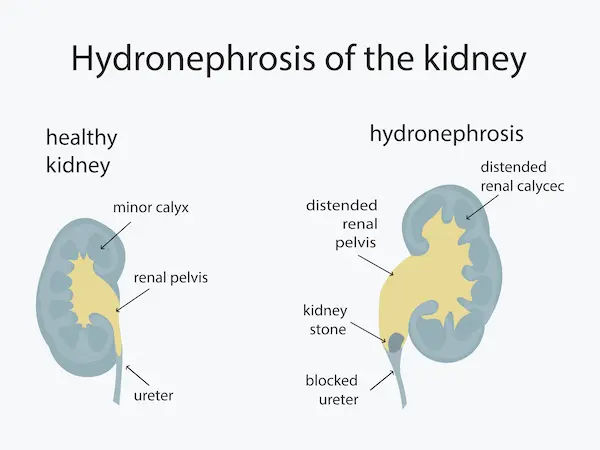- Female
- 60 Years
- 07/02/2025
I'm really worried about recognizing the symptoms of a stroke and what the treatment process involves. How quickly do I need to get treatment if I suspect someone is having a stroke, and could you explain how the whole treatment process works?
Answered by 1 Apollo Doctors
Symptoms of a stroke include sudden numbness or weakness in the face, arm, or leg, especially on one side of the body, sudden confusion, trouble speaking or understanding speech, sudden trouble seeing in one or both eyes, sudden trouble walking, dizziness, loss of balance or coordination, and sudden severe headache with no known cause. The treatment for a stroke depends on whether it is ischemic (caused by a blockage in a blood vessel) or hemorrhagic (caused by bleeding in the brain). In the case of an ischemic stroke, the most common treatment is the administration of tissue plasminogen activator (tPA) within 4.5 hours of the onset of symptoms to dissolve the clot. Another treatment option is a mechanical thrombectomy, where a catheter is used to remove the clot. For hemorrhagic strokes, treatment may involve surgery to repair the blood vessel or reduce pressure in the brain. The time needed for treatment varies depending on the individual case and the type of stroke. It is crucial to seek immediate medical attention if you suspect a stroke, as early treatment can help minimize brain damage and improve outcomes. Remember, time is of the essence when it comes to treating a stroke, so do not delay in seeking medical help if you or someone you know is experiencing symptoms of a stroke.
Dr. Mubarak Suggests...
Consult a Neurologist
Answered 04/07/2025
0
0

More Neurology Health Queries
View allmy father had a stroke on the right side of his brain and the doctors performed a craniotomy last week will he be able to recover his old memories and get better
neurosurgeon opinion is advised.
Answered by 1 Apollo Doctors
I'm not sure what's going on, but I've been having these weird internal vibrations, mostly in my legs. It's almost like there's electricity running through them. I took PPIs for about 46 days, but they didn't help at all. I'm also noticing my muscle mass is just wasting away; my legs, chest, stomach, hands, everything feels soft and kinda loose. I can literally pull at the skin. Besides the vibrations, I'm dealing with weakness, some vision loss, numbness, and difficulty breathing, especially when I'm reading or working. With the lockdowns happening, it's been tough to get help. Can you please help me figure out what this might be and suggest any medications or treatments?
Possible Causes: 1. *Vitamin deficiencies*: Lack of vitamins like B12, magnesium, or potassium can cause muscle weakness, numbness, and internal vibrations. 2. *Neurological issues*: Conditions like peripheral neuropathy, multiple sclerosis, or Parkinson's disease can cause muscle weakness, numbness, and vibrations. 3. *Hormonal imbalances*: Thyroid disorders, adrenal insufficiency, or hormonal changes can cause muscle weakness, fatigue, and other symptoms. 4. *Medication side effects*: Certain medications, such as those used to treat depression, anxiety, or high blood pressure, can cause muscle weakness, numbness, and vibrations. General Advice: 1. *Consult a doctor*: Schedule an appointment with your primary care physician or a specialist (e.g., neurologist, endocrinologist) to discuss your symptoms. 2. *Blood tests*: Get blood tests to check for vitamin deficiencies, hormonal imbalances, and other potential underlying conditions. 3. *Neurological examination*: A doctor may perform a neurological examination to assess your muscle strength, reflexes, and sensation. 4. *Medication review*: Inform your doctor about any medications you're taking, as they may be contributing to your symptoms. 1. *Stay hydrated*: Drink plenty of water to help your body function properly. 2. *Rest*: Get plenty of rest to help your body recover. 3. *Balanced diet*: Eat a balanced diet rich in fruits, vegetables, whole grains, and lean protein sources.
Answered by 1 Apollo Doctors
I'm having this issue with dizziness, like when I get up from watching TV on the sofa, I feel really light-headed. It's been going on for about six months now. My diet seems fine, and I recently checked my blood pressure, which was 90 over 110, and they said that's normal. But if my blood pressure is okay, then what's causing this dizziness? I really need to figure out what's going on and how to treat it.
It sounds like you may be experiencing **orthostatic hypotension**, which is a sudden drop in blood pressure when standing up, causing dizziness. Even though your BP is within a normal range, this condition can still occur. Its important to stay hydrated, rise slowly from sittinglying positions, and avoid sudden movements. If the symptoms persist, I recommend consulting with a doctor to rule out other causes, such as inner ear issues or blood sugar imbalances.
Answered by 1 Apollo Doctors
Disclaimer: Answers on Apollo 247 are not intended to replace your doctor advice. Always seek help of a professional doctor in case of an medical emergency or ailment.





